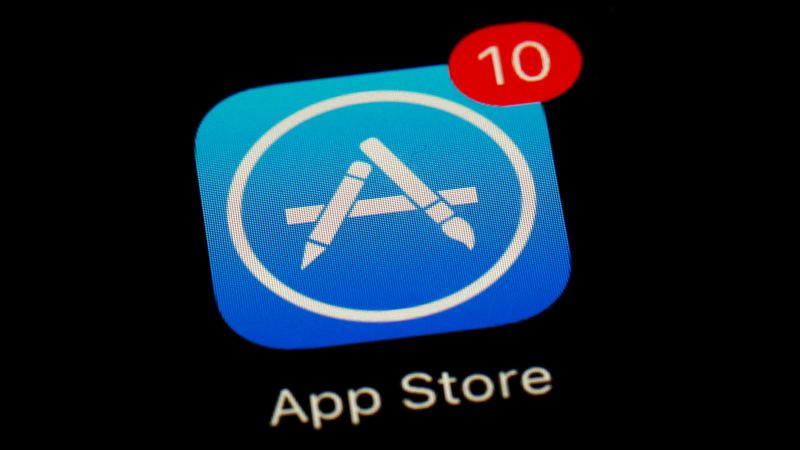On Wednesday, a significant ruling emerged from a California court regarding Apple Inc.’s compliance with a prior order concerning competition within its App Store. U.S. District Judge Yvonne Gonzalez Rogers, presiding over the case in Oakland, determined that Apple had violated an injunction requiring it to facilitate greater competition for app downloads and payment methods. This decision stems from an antitrust lawsuit initiated by Epic Games, the creator of the popular video game “Fortnite.” As a result of this ruling, Judge Gonzalez Rogers stated that she would refer Apple to federal prosecutors for a potential criminal contempt investigation related to its actions.
In her 80-page ruling, Judge Gonzalez Rogers articulated that Apple’s continuous attempts to suppress competition would not be tolerated. The judge emphasized the seriousness of the violation by stating, “This is an injunction, not a negotiation. There are no do-overs once a party willfully disregards a court order.” This strong assertion underscores the court’s intent to uphold the rights of app developers and ensure a fair market environment where competition can thrive.
The backdrop to this ruling involves a broader context of ongoing disputes between tech giants and regulators around antitrust laws. Epic Games accused Apple of restricting competition not only for app downloads but also by imposing exorbitant commission fees for in-app purchases. In 2021, Judge Gonzalez Rogers had already determined that Apple was in violation of California competition law, thus prompting a mandate to allow developers greater latitude in directing app users to alternative payment options outside the App Store ecosystem.
Apple’s refusal to comply with this injunction became evident when it failed to convince the U.S. Supreme Court to overturn the judge’s ruling last year. Subsequently, Epic Games brought a fresh complaint to the court in March 2024, asserting that Apple was “blatantly” ignoring the court’s order. In its position, Epic Games revealed that Apple imposed an additional 27% fee on app developers when transactions were made outside of the App Store, contrasting sharply with the company’s standard 30% fee on in-store purchases.
Adding fuel to the fire, Epic Games highlighted that Apple began disseminating warnings to consumers regarding the risks associated with using external links for payments, further discouraging non-Apple transactions. The game developer dubbed Apple’s revised system as “commercially unusable,” suggesting that the changes were strategically designed to cut off competitive alternatives.
Despite these allegations, Apple has consistently refuted claims of any illegal activity. In a court filing on March 7, the company insisted it made “extensive efforts” to adhere to the injunction, all while attempting to maintain its fundamental business model and protect consumer interests. However, this assertion was met with skepticism from Judge Gonzalez Rogers, who noted in a prior hearing that Apple’s modifications to its App Store appeared to serve no other purpose than to stifle competition.
The implications of this ruling extend beyond just the tech industry. They could set a precedent for greater regulatory scrutiny of large corporations, particularly in light of ongoing discussions about monopolistic practices in the tech space. As digital marketplaces continue to evolve, ensuring fair competition and equitable treatment for developers remains a paramount concern that courts and regulators will need to navigate.
In summary, the California court’s ruling against Apple marks a critical juncture in the ongoing antitrust scrutiny faced by major tech firms. With federal prosecutors now involved, the case will attract further attention and could lead to significant ramifications for the way large technology companies operate in a competitive landscape. This ongoing legal battle not only highlights the challenges of regulatory enforcement but also emphasizes the necessity of safeguarding competition in the digital economy.



